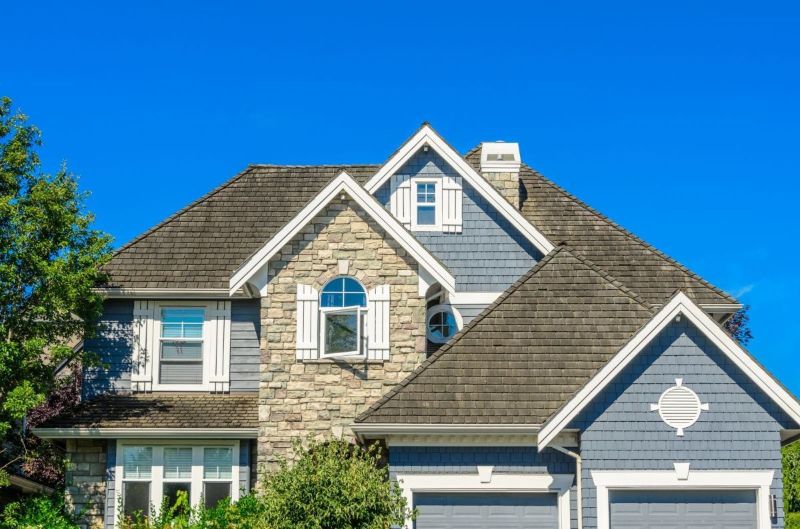As a homeowner it is vital that you understand exactly what factors can affect the longevity and lifespan of your home's roof so that you can ensure that it stays in optimal condition for many years to come.
So, what should you know about your roof? The following are a few factors you should know about.
The Material
One of the biggest things to consider when looking at the longevity of any roof is the material that is being used. Some roofing materials are going to prove to be a lot more durable than others. Asphalt shingle roofs, for example, are one of the most popular and common in the United States and they are made to last at least thirty years - if not more when properly looked after and maintained.
However, metal and tile roofs have been found to last a lot longer than asphalt shingle and with proper care and maintenance can even last for up to a hundred years or more.
Weather Conditions
The roof of your home offers protection against the elements, so it only makes sense that it can handle even the most adverse weather conditions. These weather conditions can put the roof through a lot over the years, so it is always recommended to find a reputable roofing company if you are installing a new roof; this is to make sure that the roof is installed correctly and with the right materials.
Installation
If you fail to hire a competent and reputable roofing company for the installation of your roof, then there may be workmanship errors, improper installation, and early deterioration. Many companies also offer warranties on their work that will cover at least the first few years.
Exposure to the Sun
The excessive heat from the sun can cause wear and tear on your roof much faster, and this is especially true if the ceiling is painted a dark color because the sun is more attracted to darker colors and can absorb much more heat through the roof.
Too much sun exposure can also cause cracks to form, so you should choose roofing materials that have some form of UV resistance, so the roof remains as durable as possible for as long as possible.
The Slope of the Roof
The slope or pitch of the roof is also important because this is how the roof dispels excess water. Building codes will largely determine the pitch of your roof and will specify what the proper angle should be to ensure that it can withstand the weather conditions of the area.
Ventilation and Insulation
Ventilation actually strengthens the roof, and if there is little to no ventilation, then the roof shingles will begin to weaken. Attics that are not ventilated properly have no escape for the heat and moisture that builds up, and this is what can damage shingles from the inside out - this is especially true of asphalt shingles.
In the same respect, without proper insulation along with ventilation, you will find it much harder to regulate the temperature indoors, which can also hurt your energy bills as well.
Maintenance and Care
Practicing proper maintenance and care on the roof is essential for increasing its durability and longevity. Some roof types are easier to maintain than others, however, so before having your new roof installed you should consult with a reputable roofing company in the area so they can navigate you through all the available options.

